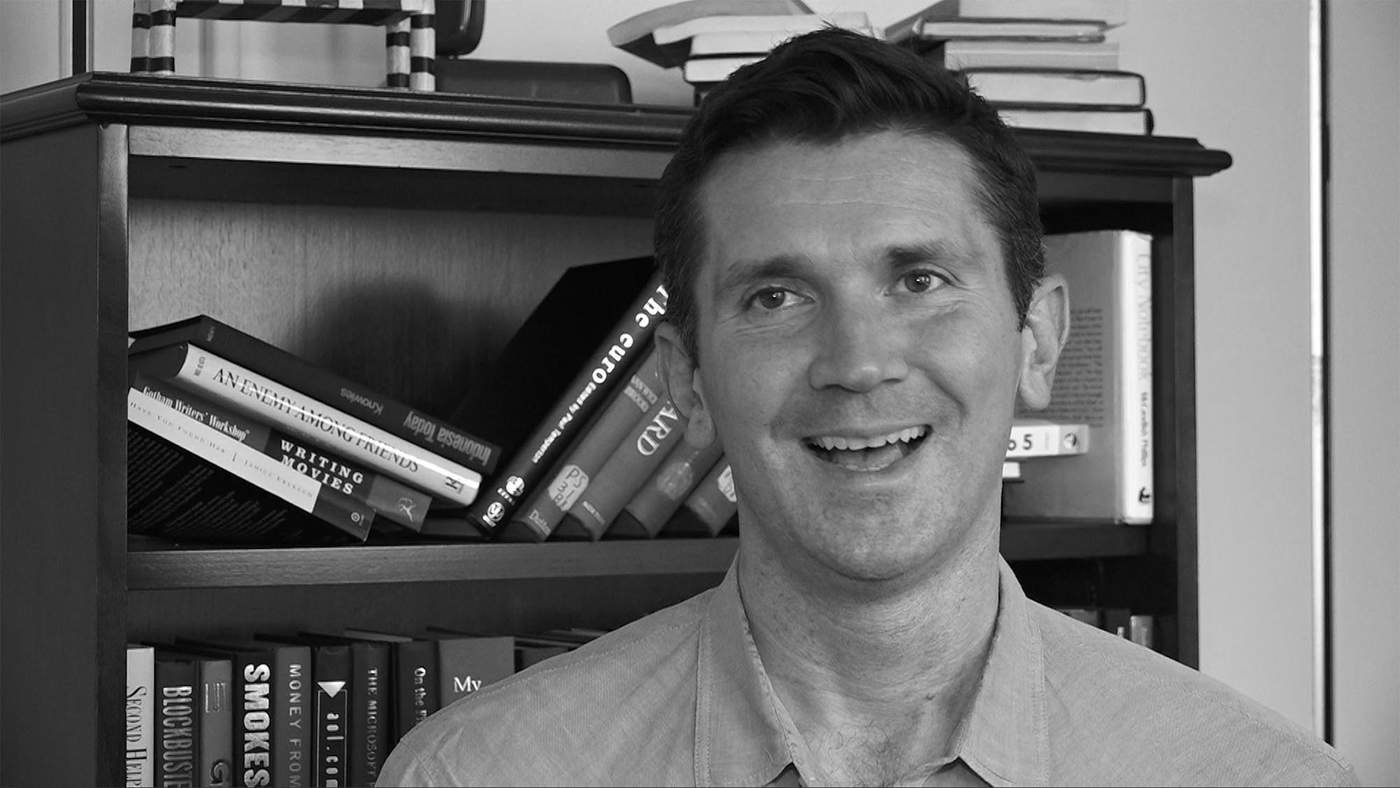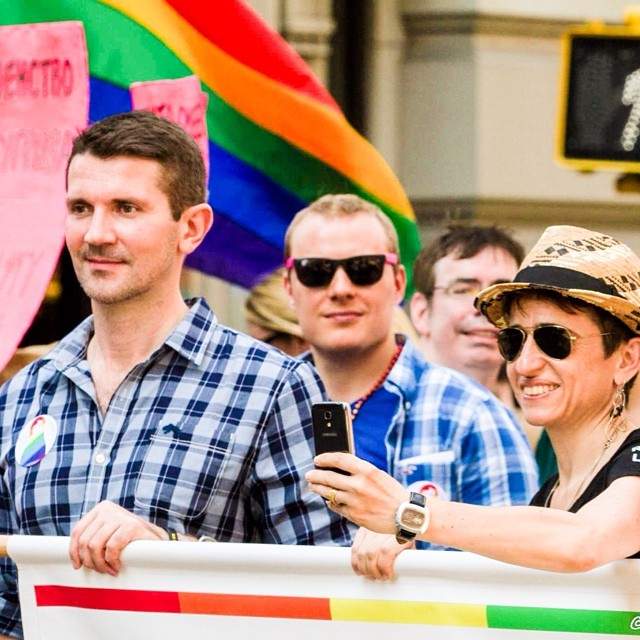Status updates
July 17, 2016, 11:02 AM
“The police killings in Baton Rouge [Louisiana] and Falcon Heights [Minnesota] continued the statistics we have been seeing playing out on the news.
The African-American community in the U.S. faces death from excessive police force at an alarmingly higher rate than any other community, and especially the white community. I’ve been wholeheartedly in support of Black Lives Matter because if it was my community, I would, too, feel unsafe and frustrated and would want to bring attention to it.
To me, BLM is more than just about violence against black people. It’s about a bias against a group that’s been historically marginalized based on skin color. I also find that blaming the community itself — such as referencing black-on-black crimes, calling to change behavior patterns collectively — is not the answer and is also misconceived. I’ve been a gay rights activist and have seen similar attitudes in society, where violence against an oppressed community is blamed on its members’ behaviors, completely oblivious to how they came to be – a popular stance in my native country.
The race bias that we see take place in the police force is one of many aspects of life where bias shows itself. But here, it can cost lives. I think it comes from the racial divide that diminishes the ability to relate to one another. This aspect has been successfully under-attended by our government and that’s what BLM’s anti-violence cause puts back on the map.
That said, I see the bias problems in the police as a reflection of our whole white-centric system. On the human level, I believe that most people chose the profession of a police officer to serve and protect and deserve utmost respect. What happened in Dallas [where five officers were shot and killed in July] shook us all and showed yet again how dangerous this profession can be. No matter what drove this shooter to do this, I can’t see him as anything more but a deranged killer. …
I do believe that all lives matter as well as do blue lives, but neither is a minority group facing bias in the way that is specific to the black community. A cause should present a little more than undermining other causes.”
August 30, 2016, 3:32PM
"At this point of the campaign, I barely follow either of the candidates anymore. It has gotten exhausting and it's just turned into a giant smear fest. I have long made my choice too, so the new allegation on the Clinton Foundation and the Russian email hacks won't really make any difference to me. Besides, you can't really tell if any of this is true, anyway; Clinton’s camp will deny all the accusations, of course, and Trump has already shown everything he had to show for me to make a verdict - the man has no credibility. And what about his pitch to the minorities, "what do you have to lose?" How desperate and stupid is this? One thing that's sad is that I kind of lost trust in the objectivity of liberal media. I used to think they are better than Fox News; evidently, not so much, there's too much bias in their coverage. At this point I can only trust the candidates' track records, of which Trump has none and with Hillary's I'm not 100% happy, but at least feel fairly safe. Just really looking forward to submitting my vote and seeing something else on the news.”



